Working with local partners, and bridge-building with governments, the private sector, and global institutions for impact, CARE Pakistan integrates approaches to fight poverty across six impact areas
Crisis Response
CARE Pakistan has been at the forefront of humanitarian action since 2005, responding to major disasters including earthquakes, floods, heat waves, droughts, and the COVID-19 pandemic. Our robust infrastructure and agile institutional capacity enable us to deliver urgent, timely, and flexible assistance, prioritizing those most in need.
Our strength lies in our readiness to act and our commitment to going the last mile in humanitarian response. In 2023, we reached over 407,000 unique participants with humanitarian interventions, and in 2024, our efforts reached an additional 344,103 people.
Our approach is built on a comprehensive, three-phased strategy:
- Immediate Life-Saving Aid: We provide essential emergency supplies, including temporary shelters, food, and hygiene items.
- Early Recovery & Rehabilitation: Our work extends beyond immediate relief to help communities rebuild stronger through livelihood and nutrition support.
- Long-Term Resilience: We focus on disaster risk reduction (DRR) and climate resilience, helping communities better prepare for and adapt to future crises.
We work in close coordination with government bodies, including the National and Provincial Disaster Management Authorities (NDMA and PDMAs). Our projects empower vulnerable communities, women, children, and marginalized groups with locally driven solutions to transform crises into long-term resilience.
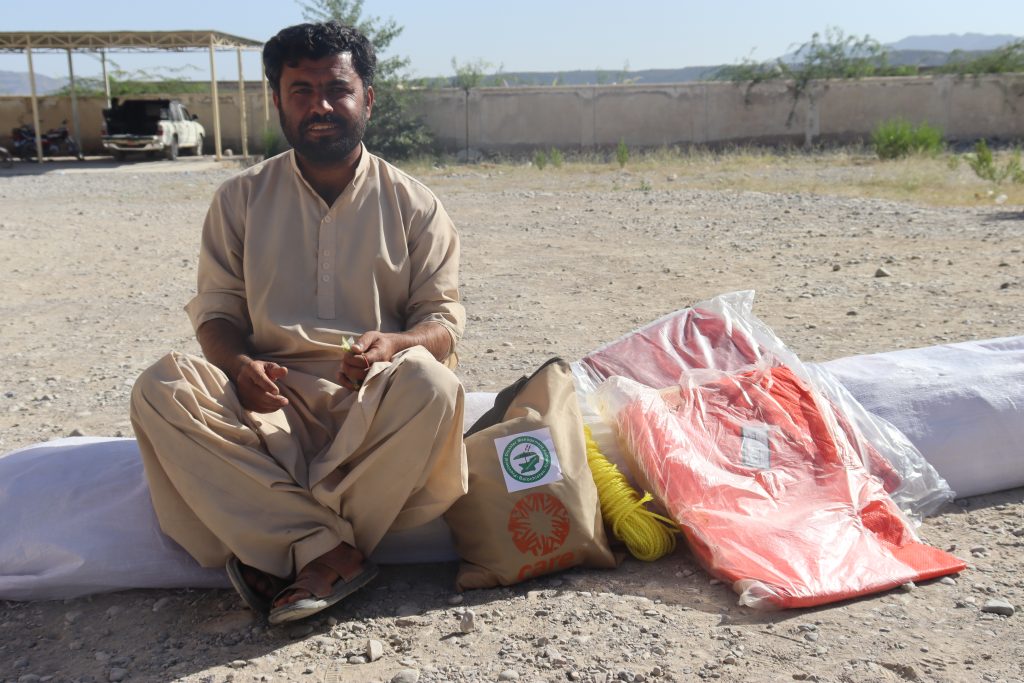
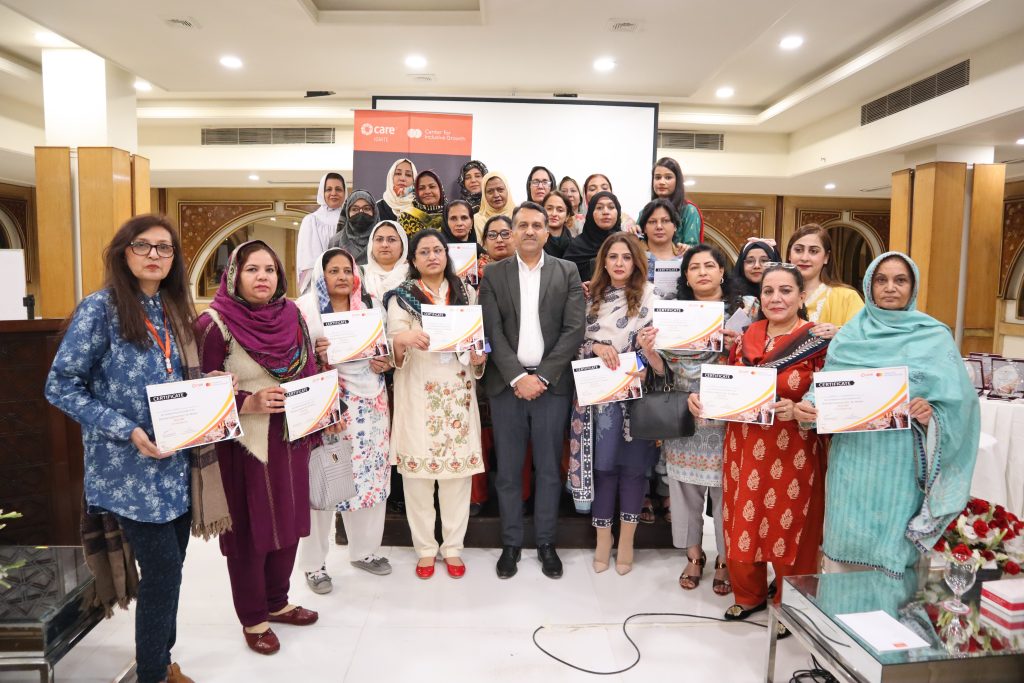
Economic Growth
CARE Pakistan’s approach to economic growth is guided by the understanding that economic systems often fail women. Therefore, CARE and its partners are committed to designing programs with women, for women, to help them succeed in the marketplace. By doing so, they not only increase women’s incomes but also improve entire communities by changing harmful social norms.
The underlying Theory of Change is that if markets are made to work for women through targeted savings initiatives, tailored financial products, and corporate social sustainability strategies, then families and whole communities will thrive.
As a leading organization in this area, CARE is known for “making markets work for women” and “supercharging women’s economic growth.” In 2023, CARE’s economic growth interventions reached over 3,098 participants. This work is driven by innovative, women-focused programs. CARE’s programs, Ignite and Strive Women, both supported by Mastercard, have collectively trained thousands of entrepreneurs, with over 70% being women. Moreover, other programs like Guddi Baji and Home Chefs in Pakistan, as well as Grievance Redressal Mechanisms for factory workers, have further trained more women in acquiring skills for growth and self-reliance.
Over the years, CARE Pakistan has fostered strong operational relationships with prominent private and financial sector entities. Collaborations with partners like Mastercard, Levi’s, Nike, HP, MARS Inc, Coca-Cola Foundation, Unilever Pakistan, Mobilink Microfinance Bank, and UBank have been instrumental in this effort. The tangible results from these initiatives, such as a study on the Mastercard-funded “Ignite” project showing that 90% of participants reported increased sales and 93% reported higher confidence in business management, demonstrate the effectiveness of this approach.
Women and Girls Centred Programming
CARE Pakistan has embraced women and girls centred programming as its central guiding principle, recognizing its significance in achieving various goals and impacts. This approach is not just a standalone objective but is also intricately woven into all other endeavours. The organization understands that addressing inequality is fundamental to attaining women’s economic growth, climate resilience, health equity, the right to food, water, and nutrition, as well as equitable access to humanitarian assistance.
CARE Pakistan’s development projects and emergency responses go beyond merely adopting a ‘lens’ focused on the specific needs of women and girls. They are built on the belief that humanitarian response can be a catalyst for promoting equal rights and opportunities and a transformative approach.
CARE’s mission to provide equal access and opportunities women and girls is most successful when men and boys are fully engaged. By working in partnership with them and community leaders, CARE can effectively address the root causes of poverty and create pathways to economic freedom for all. The involvement of men and boys leads to sustainable gains, as men and women who belong to more equitable societies are, on average, healthier, more financially secure, and better educated.
This focus is both a cross-cutting theme and an independent intervention at CARE Pakistan. The organization possesses the expertise to conduct comprehensive stakeholder and power analyses, which encompass visible, invisible, and hidden power dynamics. These analyses enable CARE Pakistan to gain an in-depth understanding of the context and situation, empowering the organization to actively engage in constructive and sustainable long-term development programs.
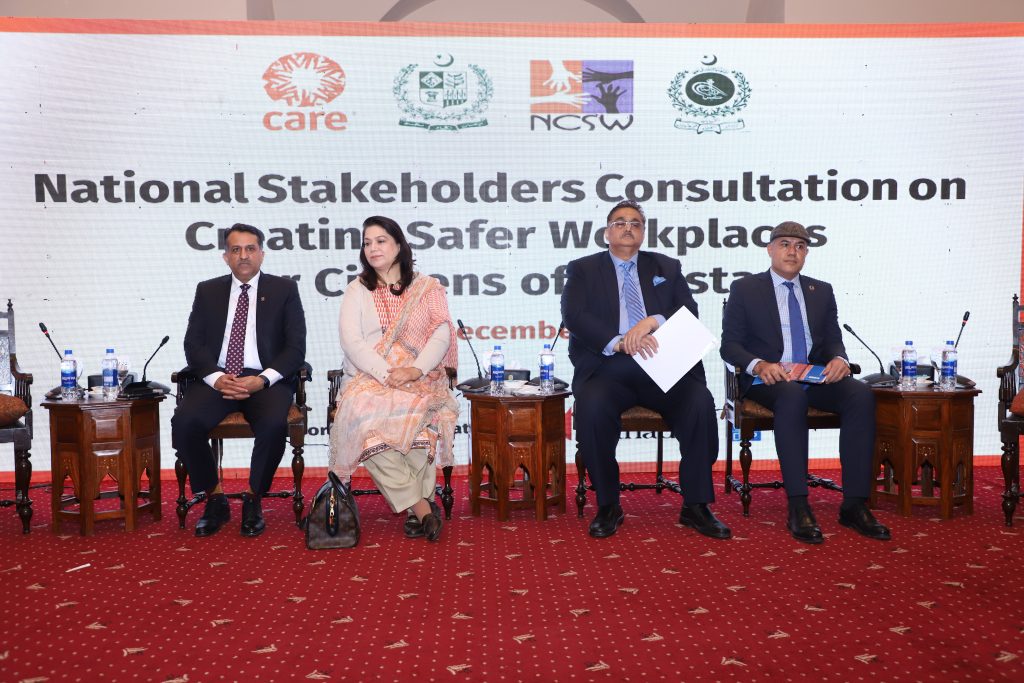
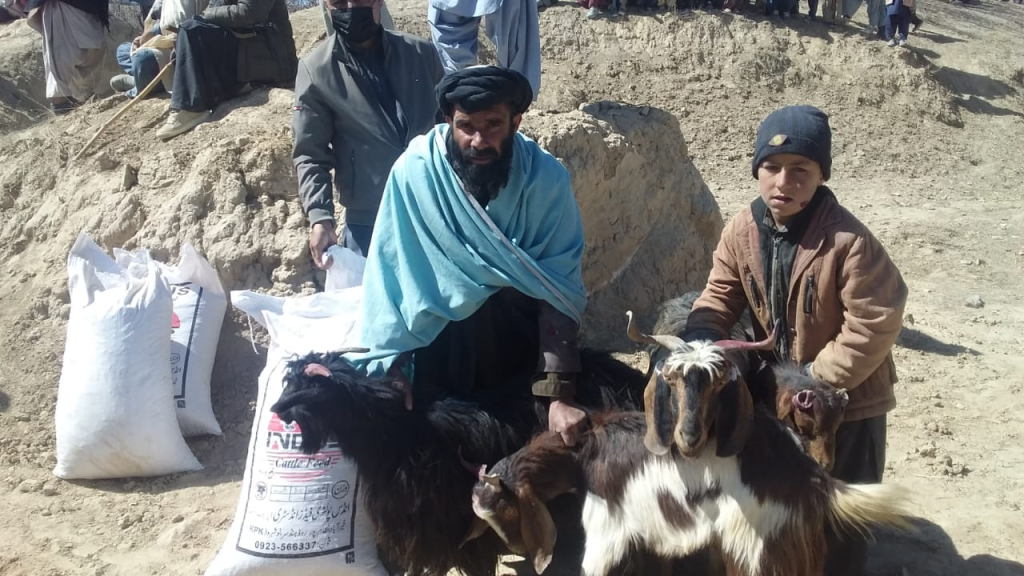
Food and Water
There is enough food to feed everyone around the world, yet millions still go hungry. CARE Pakistan’s approach to Food and Water is to break the intergenerational cycle of malnutrition and persistent hunger by making resources and knowledge easier to access. This helps people produce, sell, and buy healthy food.
The underlying Theory of Change is that if we enable access for everyone to the resources to grow, sell, and cook nutritious food, then we can create a world free from hunger. CARE is known for enabling women and girls to end world hunger and for fixing the broken food system by addressing how food is produced, distributed, and consumed.
In Pakistan, CARE has been working to strengthen health systems and ensure communities have access to life-saving healthcare. In 2023, our Food and Water programs impacted nearly 560,000 people. In 2024, our interventions reached an additional 370,635 people.
Our programs prioritize preventative healthcare through capacity building and education on hygiene promotion. We have also integrated water and sanitation into our projects, addressing the poor facilities and practices that can overburden health centres.
Additionally, through programs like “She Feeds the World,” CARE Pakistan has reached over 77,747 participants, with a focus on empowering small-scale farmers, particularly women. We also work to deliver health care to the last mile, as demonstrated by mobile health camps that have reached over 19,970 farmers. Our approach has produced results that are acknowledged by the Government and the UN.
EDUCATION and Skills
66% of the world’s young people lack the minimum skills needed to effectively engage in an international economy. CARE Pakistan addresses this challenge by partnering with governments, the private sector, communities, and young people to help them get a quality education. We provide technical, life, and leadership skills to ensure a pathway to better opportunities.
The underlying Theory of Change is that if we provide young people, particularly girls in underserved communities, with quality education and skills, they will invest in themselves, their families, and their communities, which will create a better and more equal world.
CARE is known for:
- Unlocking the potential of every child and young person.
- Breaking the cycle of poverty through comprehensive education and skills.
- Ensuring quality education every day and in times of crisis.
Through our educational interventions CARE has a demonstrated track record in promoting basic education, working with government and local NGOs to make education available in some of the most remote and challenging areas. Our programs are designed to create sustainable improvements in education for both humanitarian and development contexts.
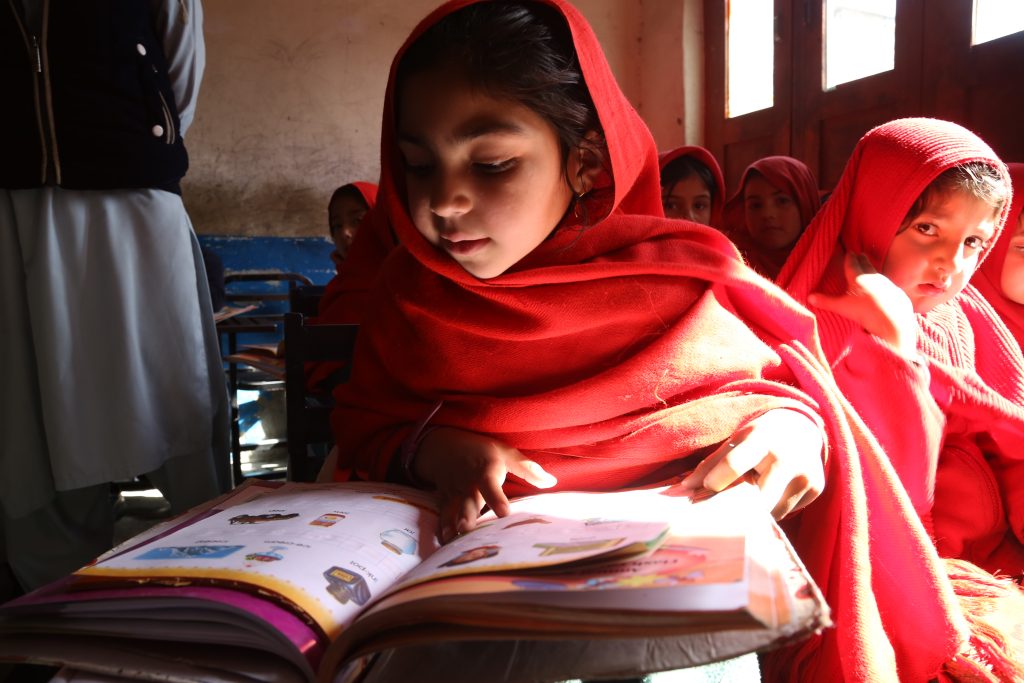
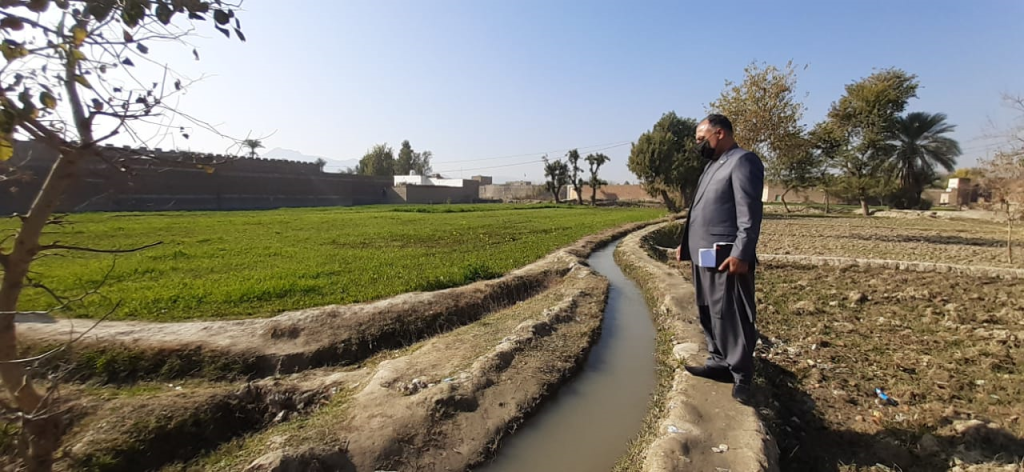
Resilient Futures
CARE Pakistan has been a pioneer in integrating the concept of resilience into its work. We are dedicated to promoting a proactive approach to tackling the inequalities and vulnerabilities caused by climate change. We believe that addressing these challenges is crucial for building a sustainable future for all.
Our initiatives in Resilient Futures are guided by the understanding that a country like Pakistan, which is highly vulnerable to the impacts of a changing climate, requires a multi-faceted approach. We focus on disaster risk reduction and preparedness, as well as green entrepreneurship to help communities and businesses adapt and thrive.
As a leading organization in this area, CARE Pakistan considers that small and medium enterprises (SMEs), which are the second-largest employer in the country, can play a crucial role in reducing the harmful effects of climate change by reducing their carbon footprint. We prioritize providing SMEs with education and capacity building on climate change.
Our work in this area is an essential component of our overall strategy. In 2024, CARE Pakistan’s programs delivered disaster response and climate-resilient interventions. Our efforts include promoting innovative, climate-resilient farming techniques in flood-affected areas. We work in close coordination with government bodies, including the Ministry of Climate Change (MoCC), to ensure our projects create lasting and transformative changes that enhance community
Programming Principles
CARE Pakistan stands in solidarity with poor and vulnerable groups, supporting their efforts to take control of their own lives and fulfill their rights, responsibilities, and aspirations. We ensure that families and organizations representing people living in poverty, especially women and girls, are partners at all stages of our programs.
Our commitment to promoting self-reliance is a foundational principle of our work. We believe that by empowering communities, we can create lasting and sustainable change. This approach moves beyond traditional aid models by recognizing the inherent capacities and potential of the people we serve. We leverage local knowledge and leadership, ensuring that our projects are not only effective but also owned by the communities they are designed to benefit.
CARE Pakistan works with others to maximize the impact of its programs by building alliances and partnerships with organizations that offer complementary approaches. We collaborate with partners who are able to scale up effective solutions and have the responsibility to fulfill rights and reduce poverty through policy change and implementation.
CARE defines locally led as work that is owned and led by the people in the communities where we work. This means that 96% of our staff live in the communities they serve, allowing for an immediate response to emergencies and a long-term commitment. It also means working closely with local partners, community organizations, and governments.
The concept of globally scaled means reaching more people with deeper impact, beyond CARE’s individual projects and donor funding. We achieve this by working in ways that support and reinforce, not replace, existing local capacities. Our approach is to empower local communities and organizations, ensuring that our interventions lead to sustainable, long-term improvements.
As CARE Pakistan addresses the underlying causes of poverty and the denial of rights, it develops and uses approaches that result in lasting and fundamental improvements in the lives of the people it serves, particularly women. We work to influence changes that are environmentally, socially, and institutionally sustainable.
Our approach is based on leveraging the talents and capacities of communities to foster self-reliance, rather than making them dependent on aid. In Pakistan, our interventions are aligned with the Sustainable Development Goals (SDGs) and are designed to have a lasting impact. We have designed contextualized models that apply evidence and learning from past programs and current innovations to influence broader change and scale up effective solutions.
Our humanitarian and development projects focus on empowering vulnerable communities, women, children, persons with disabilities, and marginalized groups through locally driven solutions. We strive to transform adversity into opportunity, one family, one village, and one success story at a time.
At CARE Pakistan, our commitment to accountability and ethical practices is a core part of our work. We seek to be held accountable by the people we serve and the partners we work with. This principle is closely linked to our “Do No Harm” (DNH) approach.
We apply the DNH principle to all of our programs and activities. This involves a continuous process of analysing both the intended and unintended impacts of our work, encouraging honest learning, and taking swift action to prevent and respond to any harm. We place special focus on preventing and addressing violence.
By combining accountability with responsible programming, we ensure that our interventions are not only effective but also ethical and sensitive to the communities we serve. This dual commitment helps us to build trust, foster sustainable change, and ensure that our efforts are always in the best interest of those most in need.

